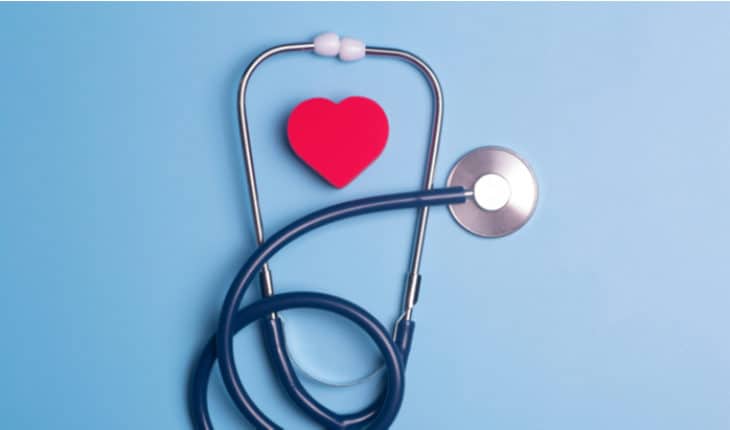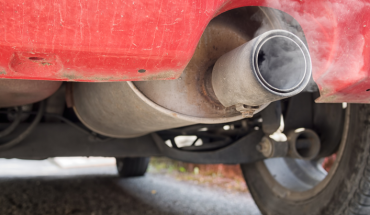High blood pressure affects an estimated 17 million people in the UK. This article aims to explain exactly what this condition is and what causes it. Additionally, this article explores how to reduce hypertension, and consequently reduce the risk of having a stroke.
Click here for an article on heart attacks and how to survive them
What is high blood pressure?
It measures how forcefully your blood presses against the walls of your arteries as it is pumped around your body. When this pressure remains continually above normal levels this is known as high blood pressure (or hypertension).
Who suffers from it?
More than one in four adults in the UK have hypertension, although many won’t be aware of it. This condition can affect anyone. In fact, stress, lifestyle choices, genetic predisposition, the combined contraceptive pill, pregnancy, old age, diabetes and atherosclerosis are among many things that can increase blood pressure.
Why does it increase your risk of stroke?
Hypertension puts all the body’s blood vessels under strain. This includes those leading to the brain. Being under strain makes it more likely a blood vessel in the brain could weaken and bleed or develop a blockage. As a result, both of these could cause a stroke. Click here to read our article on how to spot strokes and how to react.
What are the other health dangers of high blood pressure?
If your blood pressure is too high, it not only puts extra strain on the blood vessels but also on the heart and other organs, such as the brain, kidneys and eyes. Therefore, if left untreated hypertension can increase the risk of serious and potentially life-threatening conditions, such as:
- heart disease
- heart attacks and heart failure
- aortic aneurysms
- strokes
- kidney disease
- vascular dementia
- peripheral arterial disease
However, the good news is if you have this condition, reducing it even a small amount can help lower your risk of these conditions.
What are the symptoms?
Hypertension doesn’t always have noticeable symptoms. Therefore, the only way to find out if your pressure is high is to have it checked.
How you can test for it?
The only way of confirming whether your blood pressure is too high is to have a blood pressure test. As a result, you can have it done at your GP or by a nurse. Furthermore, getting this done is easy and could save your life. Therefore, all adults over 40 should have their test at least every five years., while women on the contraceptive pill should have their test every 3-6 months.
Where you can have your blood pressure tested?
- At your GP Practice
- At some chemists
- As part of your NHS Health Check
- In some workplaces
- At home with a home blood pressure monitor
How it works?
Blood pressure is recorded with two numbers. The systolic pressure is the force your heart pumps blood around your body. This is the higher number.
The diastolic pressure is the resistance to the blood flow in the blood vessels when the heart is more relaxed. This is the lower number and is often considered the most important.
Both numbers are measured in millimetres of mercury (mmHg).
As a general guide:
- High blood pressure is 140/90mmHg or higher
- Low blood pressure is 90/60mmHg or lower
- Ideal blood pressure is somewhere between 90/60mmHg and 120/80mmHg
In the risk zone:
A slightly raised blood pressure is above 120/80 to 140/90mmHg. It could be an indicator that your pressure is not totally under control and a warning sign to start taking steps to get the blood pressure lowered and more under control.
You’re at an increased risk if you are:
- Over the age of 65
- Overweight or obese
- Of African or Caribbean descent (there is a genetic element for everyone)
- Have a relative with the same problem
Lifestyle factors which can increase your risk of high blood pressure include:
- Eating too much salt
- Not eating enough fruit and vegetables
- Not doing enough exercise
- Drinking too much alcohol
- Drinking too much coffee or other caffeine-based drinks
- Smoking
- Getting too little sleep or very disturbed sleep
Positive change is possible
Most importantly, it is possible to reduce your chances of developing hypertension, or lowering your pressure if it is already high, by making healthy lifestyle changes.
- What is a seizure? - 13th March 2025
- Febrile Convulsions and Seizures in Children - 13th March 2025
- Why women are less likely to receive CPR or survive cardiac arrest - 6th March 2025







